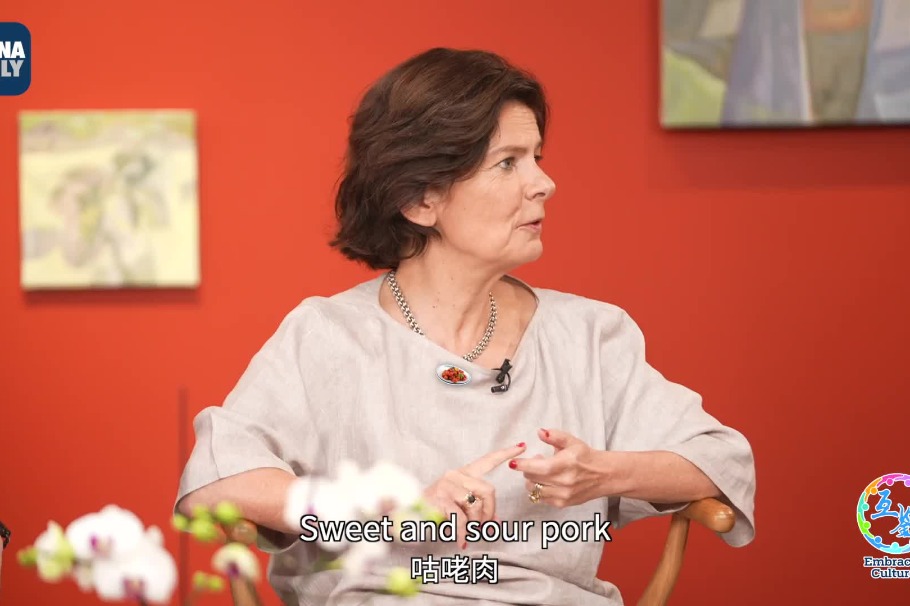如何在6个月内学会一门外语(视频)
2014-05-16 14:08

Have you ever held a question in mind for so long that it becomes part of how you think?
你是否曾经把一个问题留在心中很久, 结果它已经成为你的一种思路?
Maybe even part of who you are as a person?
甚至可能已经成为你自己的一部分?
Well I've had a question in my mind for many, many years and that is: how can you speed up learning?
我思考了一个问题很多很多年,就是:你怎样才能加快自己学习的速度?
Now, this is an interesting question because if you speed up learning you can spend less time at school。
那么,这是一个很有趣的问题,因为如果你可以加快自己的学习的速度,你就可以花更少时间在学校里。
And if you learn really fast, you probably wouldn't have to go to school at all.
如果你真的可以学习得特别快,你可能根本就不用去上学。
Now, when I was young, school was sort of okay but I found quite often that school got in the way of learning so I had this question in mind: how do you learn faster?
在我小时候,上学还凑合,但我常常发现上学会阻碍学习,因此在心里面我有了这样一个问题:怎样才能学得更快呢?
And this began when I was very, very young. When I was about eleven years old I wrote a letter to researchers in the Soviet Union, asking about hypnopaedia, this is sleep learning, where you get a tape recorder, you put it beside your bed and it turns on in the middle of the night when you're sleeping, and you're supposed to be learning from this.
(这个想法)在我很小时候已经开始了,大约我11岁的时候,我给前苏联的研究者写了一封关于睡眠学习的信, 所谓“睡觉学习”,就是拿一个磁带录音机放在你床边, 等你入眠后机器开始播放磁带,(然后)目的是通过这种方式来学习。
A good idea, unfortunately it doesn't work.
一个好主意,不幸的是它行不通。
But, hypnopaedia did open the doors to research in other areas and we've had incredible discoveries about learning that began with that first question.
但睡眠学习确实打开了研究其他领域的大门,并且我们从研究这个问题开始已经有了一些惊人的发现。
I went on from there to become passionate about psychology and I have been involved in psychology in many ways for the rest of my life up until this point.
从那开始我对心理学充满热情,直到现在我已经投入了几十年的时间从事心理学相关的不同研究和工作。
In 1981 I took myself to China and I decided that I was going to be native level in Chinese inside two years.
1981年,我来到了中国,并且我决定在两年内我的汉语要达到像中文母语者一样的水平。
Now, you need to understand that in 1981, everybody thought Chinese was really, really difficult and that a westerner could study for ten years or more and never really get very good at it.
呐,你需要明白的是在20世纪80年代初,所有人都认为汉语是真的很难学,一个西方人可能学习10年或以上也未必能学好。
And I also went in with a different idea which was: taking all of the conclusions from psychological research up to that point and applying them to the learning process.
还有,我带着一种不同的想法,就是把心理学对这个问题研究所得的全部结论运用到我学习的过程当中。
What was really cool was that in six months I was fluent in Mandarin Chinese and took a little bit longer to get up to native.
特别棒的是我在六个月内能说流利的中文,不久后,我达到了中文母语者的水平。
But I looked around and I saw all of these people from different countries struggling terribly with Chinese, I saw Chinese people struggling terribly to learn English and other languages, and so my question got refined down to: how can you help a normal adult learn a new language quickly, easily and effectively?
但我看到周围那些来自不同国家的人在为学习中文苦苦挣扎,中国人在为学习英文或其他语言苦苦挣扎,因此我的问题便细化到:怎样帮助一位正常的成年人更快、更容易和有效地学会第二门语言。

















 英语点津微信
英语点津微信 双语小程序
双语小程序